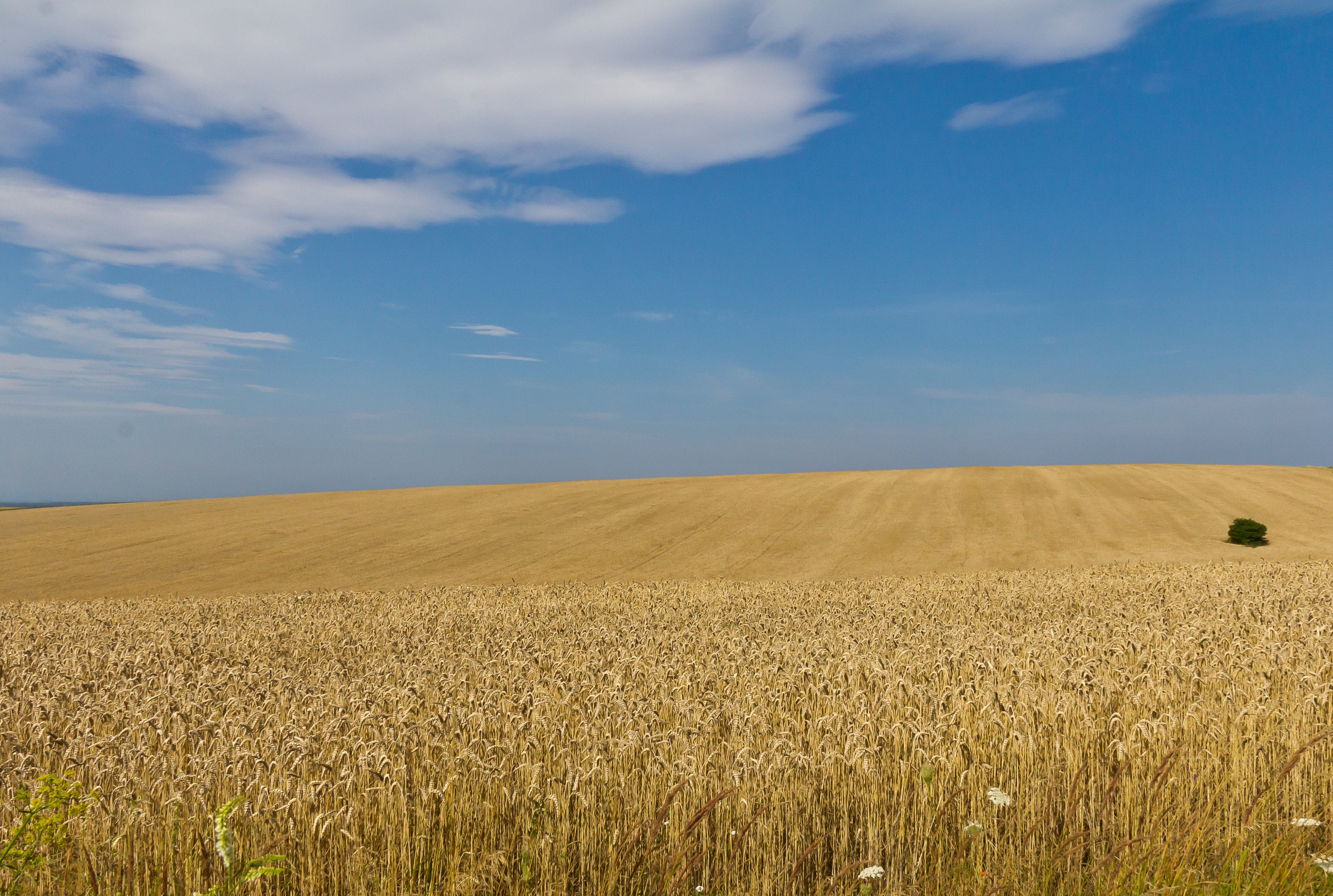
Russia pulled out of a United Nations-Turkey brokered agreement that allowed both Russia and Ukraine to export grain and foodstuffs, officials said on Monday.
Russia officially withdrew from the agreement Monday, Secretary General of the U.N. António Guterres said in a speech. The grain deal, originally brokered in July 2022 and extended multiple times, was set to expire Monday.
“I deeply regret the decision by the Russian Federation to terminate the implementation of the Black Sea Initiative – including the withdrawal of Russian security guarantees for navigation in the northwestern part of the Black Sea,” Guterres said in his speech. “This Initiative has ensured the safe passage of over 32 million metric tons of food commodities from Ukrainian ports.”
Russia pulled out of the deal because its parts of the deal had not been upheld, Dmitry Peskov, spokesman for President Vladmir Putin, told Russian state-run media TASS.
Russia has long said that it has not received its portion of the deal. Moscow requested to be able to connect the Russian Agricultural Bank to the SWIFT payment system, as well as be able to launch the Togliatti-Ofessa ammonia pipeline, TASS reported. The country also wanted Russian ships to be allowed to enter foreign ports.
Moscow did not end the deal because of the Ukrainian attack on a Crimean bridge, which killed a Russian couple and injured their 14-year-old daughter, according to the TASS report. Russia previously halted the deal temporarily in response to Ukrainian attacks in Sevastopol.
Moscow said it would consider reentering the grain deal if its terms are met.
Guterres said in his speech that he reached out to Putin with a new proposal that addressed Russia’s concerns, but the Russian president did not respond.
“Today’s decision by the Russian Federation will strike a blow to people in need everywhere,” Guterres said. “But it will not stop our efforts to facilitate the unimpeded access to global markets for food products and fertilizers from both Ukraine and the Russian Federation.”
Ukraine will likely continue to offer grain and see if commercial ships will continue to come to its ports, Campbell University professor Sal Mercogliano told USNI News.
“I think they’re going to make the argument that they can make the run from the Danube River out of Romanian waters up into Ukrainian ports under the protection of the Ukrainian government,” Mercogliano said. “And so I think Ukraine is going to keep the flow of grain going on and kind of daring Russia to do something about it.”
It does not appear that Russia is considering rejoining the agreement, he said.
“But the real issue becomes if they start going kind of back and forth in the Black Sea, targeting each other – if the Russians target ships heading to Ukraine, if Ukrainian start targeting ships coming out of Russia – then you know, does that escalate this up into an agreement to make sure that Russian food fuel and fertilizer still flow?” he said.
Ukrainian grain is important for the country’s economy, Mercogliano said. However, due to the war between the neighboring countries, other countries have raised grain supplies, which has lowered the price on Ukrainian grain.
Still, the grain market is constantly fluctuating, Mercogliano said. If there’s a lack of rain or something affects another supplier’s farming, Ukrainian grain will be necessary again.
Russia’s withdrawal raises concerns about global famine, the secretary general said.
“Hundreds of millions of people face hunger and consumers are confronting a global cost-of-living crisis,” he said in the speech. “They will pay the price. Indeed, we are already seeing a jump in wheat prices this morning.”
Prior to the Russo-Ukraine War, Ukraine was responsible for 10 percent of the world’s grain exports, which includes corn and wheat, USNI News previously reported. Much of the country’s grain exports go to lower-income countries, where food shortages can lead to political disruption.
Together, Russia and Ukraine accounted for a third of wheat exports.
The lack of a grain deal will lead to a famine across northern African countries, as well as food shortages in the United States and across Europe, House Foreign Affairs chair Rep. Michael McCaul (R-Tex.) told The Washington Post in an interview.
“And it’s very unfortunate that Putin has responded this way, but I’m not surprised,” McCaul said during the interview. “Ukraine has not gone as well as he thought it would have. And now you’re seeing this retaliation from him that I basically going to put the world at risk.”
The Pentagon urges Russia to reconsider and join the deal again, Deputy Press Secretary Sabrina Singh told reporters during a Monday press briefing.
“This has impacts far reaching beyond Ukraine and Russia. This impacts countries all around the world and millions of people all around the world that depend on this grain,” Singh said.





